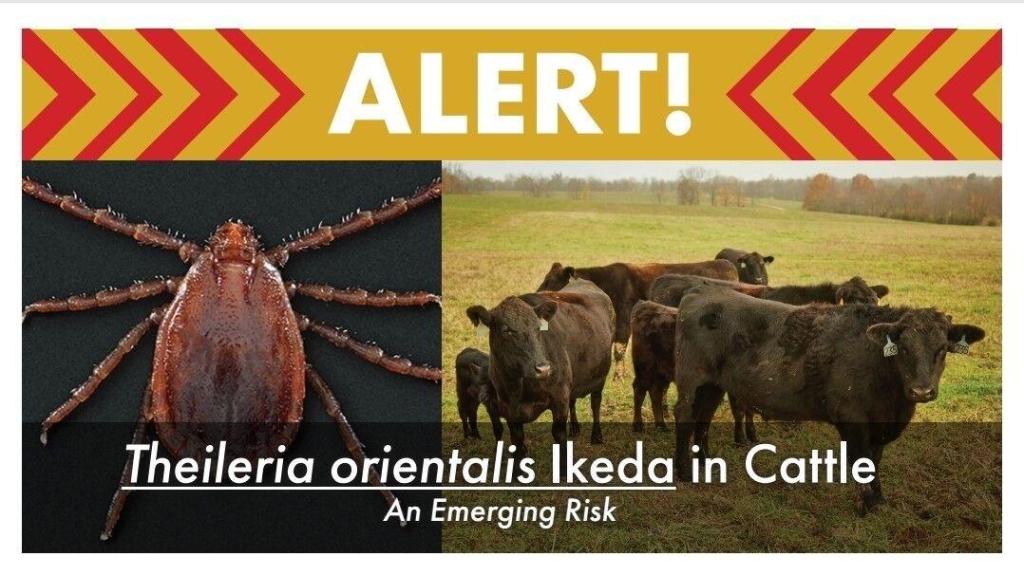New cattle disease in Kentucky
Published 1:34 pm Monday, August 15, 2022

- (Photo courtesy of Kentucky Today)
|
Getting your Trinity Audio player ready...
|
Two cases of a new, potentially dangerous, cattle disease has been detected in two herds located in different parts of the state, Kentucky State Veterinarian Dr. Katie Flynn announced on Friday.
Theileria orientalis Ikedia, which is a protozoon known to be carried by the Asian Longhorned tick, or ALT, has been diagnosed in two beef herds, one in Fleming County and the second in Hart County. In each instance, a beef breed bull fell ill and died. There is no relationship between the two herds.
“The Kentucky Department of Agriculture and the Office of the State Veterinarian is working closely with agriculture producers to contain these incidents and protect our herds across the state,” Agriculture Commissioner Ryan Quarles said. “Protecting the health of livestock in the commonwealth is a top priority of the Kentucky Department of Agriculture.”
Once an animal is infected with Theileria, it becomes a carrier, which is a source of infection for other cattle in the herd. There is no approved effective treatment or vaccine for the disease, making prevention and biosecurity imperative.
Though a threat to cattle, the disease is not a threat to human health. Humans cannot become sick from contact with affected cattle, and consuming meat from affected cattle is safe, provided the meat has been cooked to an appropriate temperature.
The Asian Longhorned Tick has previously been detected in Boone, Metcalfe, Floyd, Martin, Madison, Breathitt, and Perry counties, and could be present and undetected elsewhere. The ALT has been found to attach to livestock, wildlife, dogs, cats, birds, and humans. Cattle producers should consider tick control measures to lessen the likelihood of Theileria infections in their cattle herds.
Tick control measures include keeping pastures mowed and cattle restricted from wooded areas. Regular inspection of cattle for ticks and use of acaricides, such as ear tags, pourons, or back rubs, are helpful. A veterinarian should be notified in the instance of animals showing signs of lethargy or weakness.
Contact Kentucky Deputy State Veterinarian Dr. Kerry Barling at Kerry.Barling@ky.gov or call (502) 782-5291 for more information.




